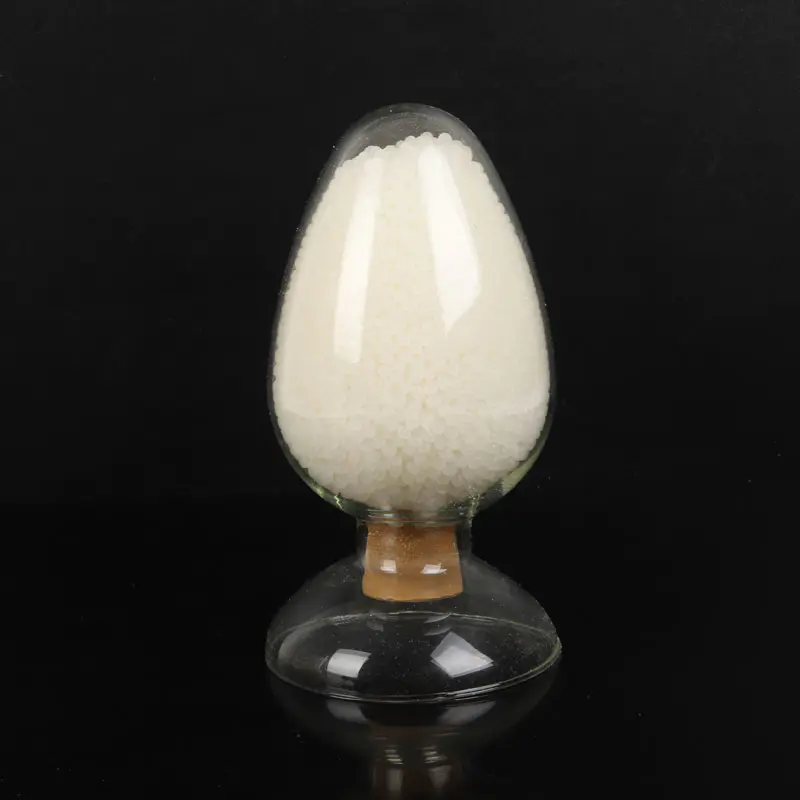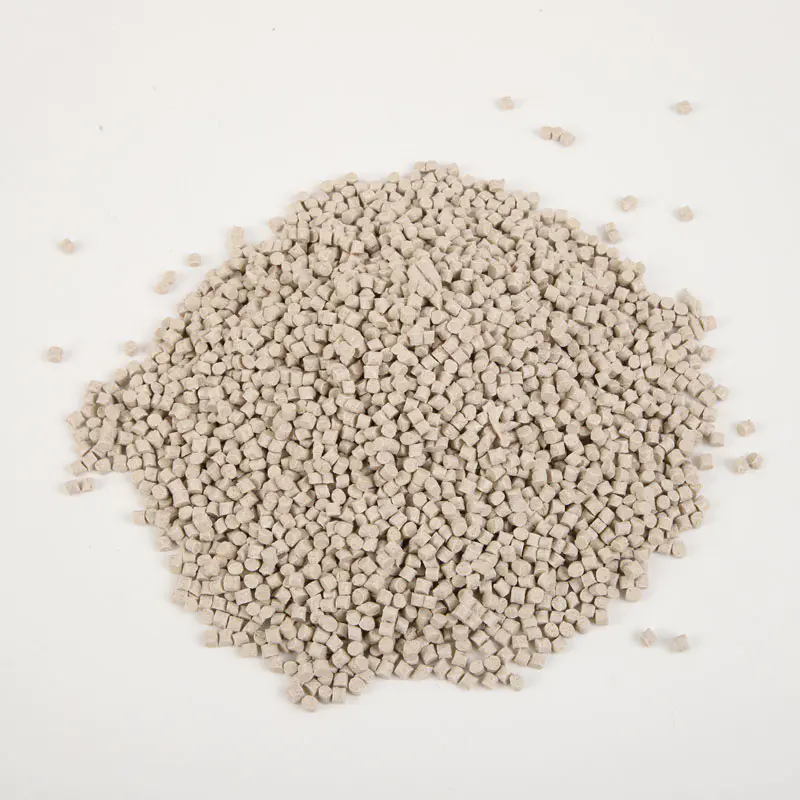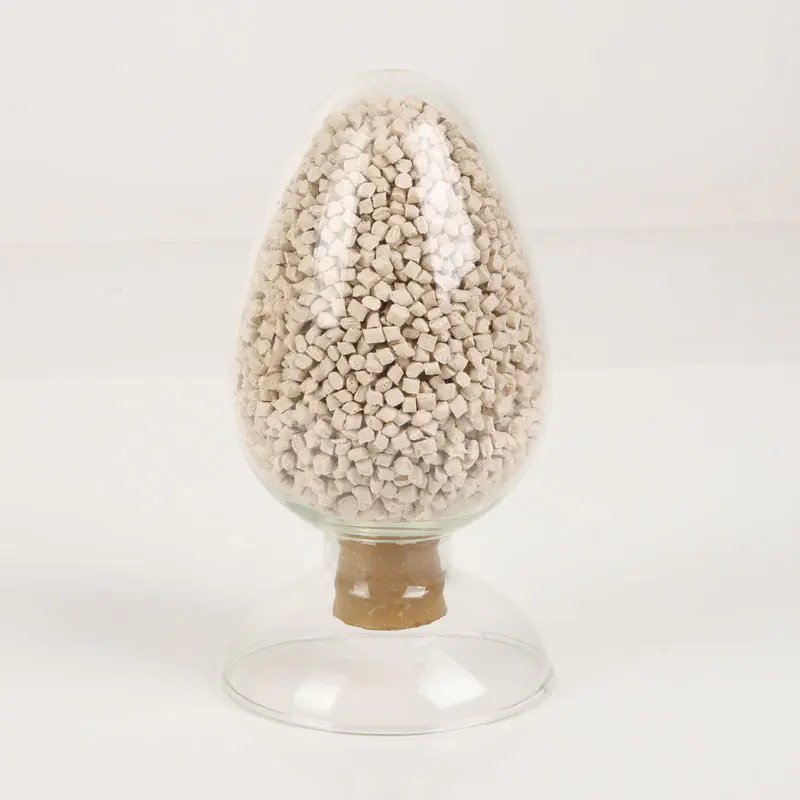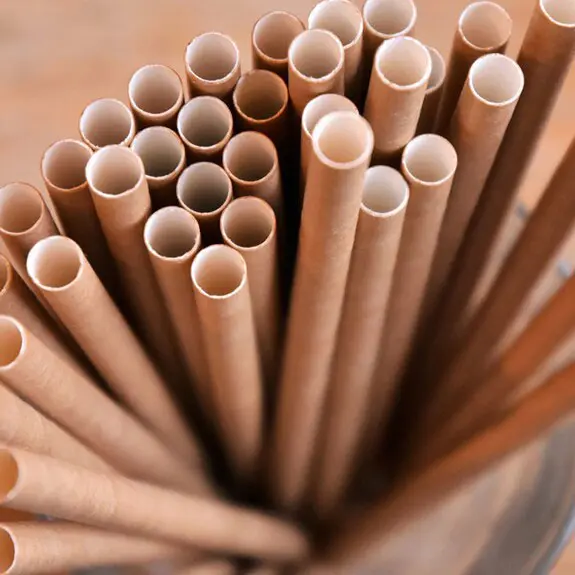To create a green world, plastics also need sustainable development
Plastics, convenience of life and environmental crisis
In 1909, American Baekeland used phenol and formaldehyde to make phenolic resin (also known as Baekeland plastic), which is the first completely artificially synthesized plastic in human history. After a hundred years of development, the production technology of plastics has been continuously improved. Due to its high strength, low weight, good corrosion resistance, insulation and thermal insulation, plastics have been "favored" by all walks of life-from household goods to aviation, medicine and other fields, becoming an indispensable part of modern life.
But with the development of society, people gradually discovered that while plastic products bring convenience to human life, they have a huge impact on the earth's resources and environment. The traditional plastic production process requires a lot of water and mineral fuels, and emits harmful gases such as carbon dioxide.
At the same time, due to the stable structure of plastic, it is not easy to be decomposed by natural microorganisms and will exist in the natural environment for a long time. These plastic products used and discarded by humans will affect the cultivation of farmland soil, pose a threat to animal survival, and even affect human health.
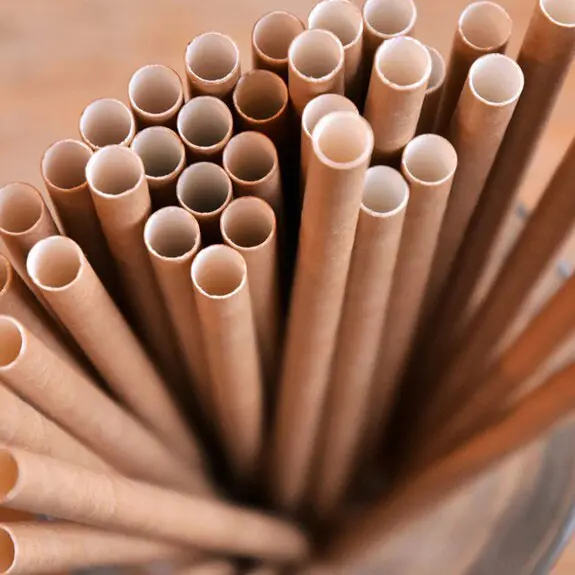
Plastics, helping the road to sustainable development
It must be admitted that human production and life cannot do without plastics. However, due to its negative impact on the environment and resources, people began to think about how to balance the relationship between their own needs and the ecology.
In recent years, countries have introduced relevant policies to guide the green and environmentally friendly development of the plastics industry. In September 2015, the United Nations officially adopted 17 Sustainable Development Goals (SDGs), three of which require countries to solve relevant environmental problems in a comprehensive manner, respond to climate change, and promote the sustainable development of terrestrial ecosystems and marine resources. In January 2020, the National Development and Reform Commission and the Ministry of Ecology and Environment jointly issued the "Opinions on Further Strengthening Plastic Pollution Control", proposing to strengthen innovation leadership and scientific and technological support, and effectively, orderly and effectively control plastic pollution.
As one of the pillar industries of the national economy, the plastics industry should respond to social development needs, follow policy guidance, and focus on the harmonious coexistence of the industry and the ecological environment. Relevant companies need to actively find and use low-energy, easily degradable environmentally friendly resin materials as raw materials to minimize the impact of plastic products on resources and the environment.







